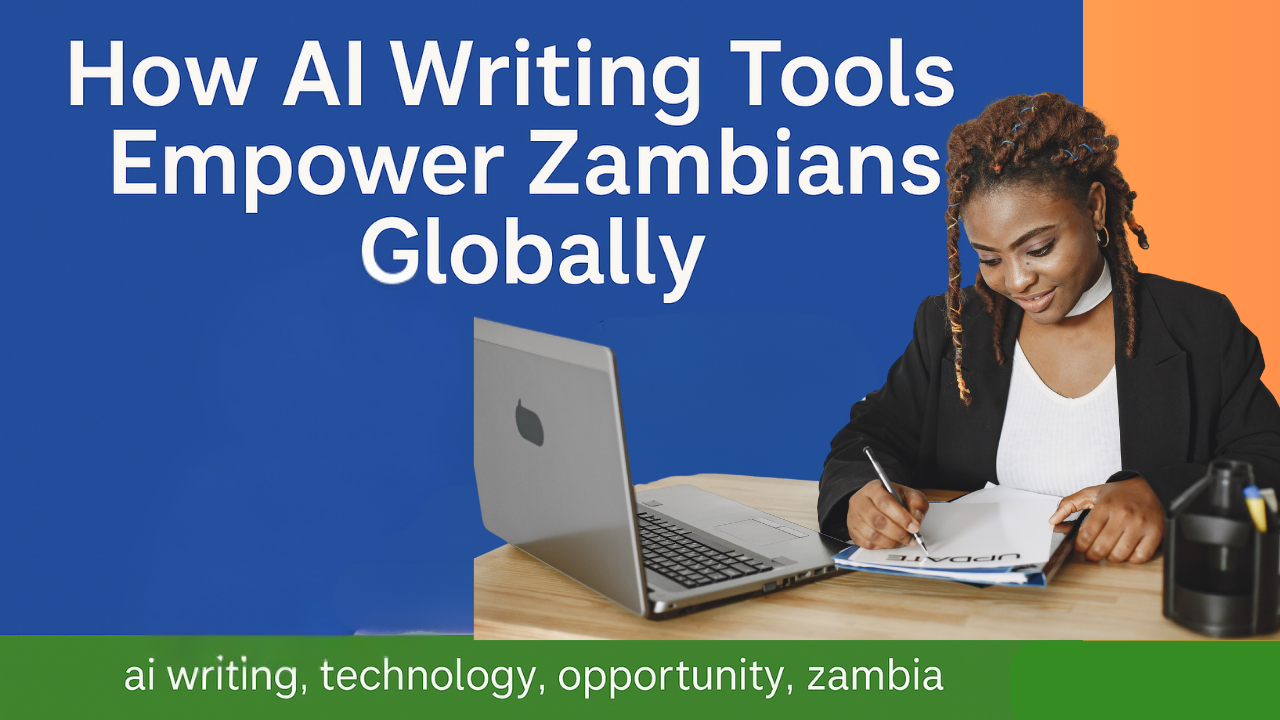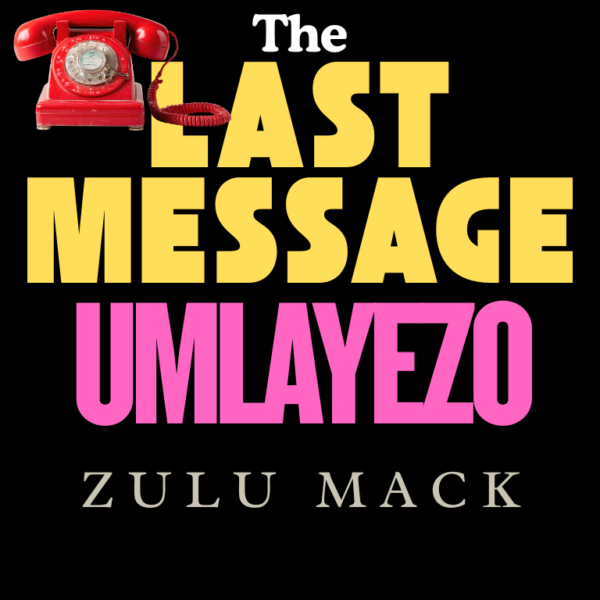Have you ever wished for a personal writing assistant who never gets tired, is always available, and knows a thing or two about almost every subject? Welcome to the world of Artificial Intelligence (AI) writing tools. These digital companions are transforming the way we write, learn, and communicate – and Zambia is no exception to this global shift.
Whether you’re a student in Kitwe working on an essay, a teacher in Kalomo preparing a lesson, or an entrepreneur in Lusaka trying to market your new product, AI is now within your reach – and it’s changing the game in big ways.
1. Different AIs, Different Strengths – Blend for the Best
Not all AI tools are created equal. Each one comes with its own “flavor.” Some are better at storytelling, others excel at structuring business plans, and some are great at summarizing research papers. For example, you might use one AI to draft a blog post and another to improve its grammar and tone. Think of it like nshima with beans and rape – each ingredient adds something unique, and together they make a satisfying whole.
2. Learn as You Write: AI as an Educational Resource
One of the most exciting things about AI is how it teaches you while helping you. As you interact with these tools, you start to understand the structure of good writing – how to open strongly, how to use active voice, and how to transition between ideas. For many Zambians who may not have access to expensive writing courses, this is a powerful way to improve communication skills for free.
A student in Ndola once shared how he used ChatGPT to prepare for an English literature essay. “It’s like having a personal tutor who never sleeps,” he said. “I now understand the difference between a theme and a plot!”
3. Power at Your Fingertips – Literally
In the past, you needed to know the right people or have access to expensive services to produce polished writing or develop a marketing campaign. Not anymore. With a smartphone or basic laptop and an internet connection – even if it’s just for a few hours at the internet café – you can access AI tools that previously cost thousands of dollars to replicate.
This is a big opportunity for rural and underserved communities. Imagine a teacher in Mongu who can now create professional lesson plans with a few clicks or a local musician in Chipata using AI to write a press release for his next single.
4. AI Is Here to Help, Not Harm
There’s a lot of fear around AI – some think it’s here to take jobs or take over the world. But the truth is, AI is like a hoe or plough: it doesn’t work on its own. You have to hold it and guide it. The same goes for writing tools – they won’t replace your creativity, but they will amplify it.
Just like electricity didn’t destroy candle-making but improved how we light our homes, AI is simply the next tool in humanity’s toolbox.
5. A Rapidly Growing Toolbox
New writing aids are popping up almost every day, from grammar checkers to storytelling assistants to tools that can help you format your eBook or blog post. This is good news for Zambian writers, content creators, and even small business owners who want to put their ideas out into the world in a polished and professional way.
For instance, a small-scale farmer in Kabwe can now use AI to write a funding proposal to present to NGOs or government agencies, increasing their chances of support.
6. Boosting Confidence to Compete Globally
One major benefit of using AI writing tools is the boost in confidence they provide. Whether you’re writing a scholarship application, submitting an article to an international publication, or pitching your business idea to investors, these tools help you polish your thoughts and communicate with clarity.
A young woman from Choma who recently applied for a youth innovation grant said, “I used AI to refine my proposal. When I submitted it, I felt like a professional.”
7. From Idea to Income: AI Supports the Full Creative Journey
AI doesn’t just help with writing. It can assist in generating ideas, designing logos, creating presentations, planning social media posts, and even guiding you on how to sell your work online. For creatives in Zambia – whether you’re writing a book, producing music, or crafting handmade jewelry – AI can be your silent business partner.
Let’s say you’re writing a children’s book in Bemba. AI can help you draft the story, translate parts of it, create a catchy summary, and even suggest platforms where you can publish and market it to a global audience.
Final Thoughts: Don’t Be Left Behind
AI writing tools are not just for tech experts or people in developed countries. They are for you -whether you’re in town or village, a student or professional, working online or offline. They are here to level the playing field and give every Zambian a voice and a stage.
So don’t fear them – explore them. Learn. Experiment. Combine tools. And most importantly, create. Because with AI, your words can go further than ever before.

John Katebe
Professional speaker and writer.



